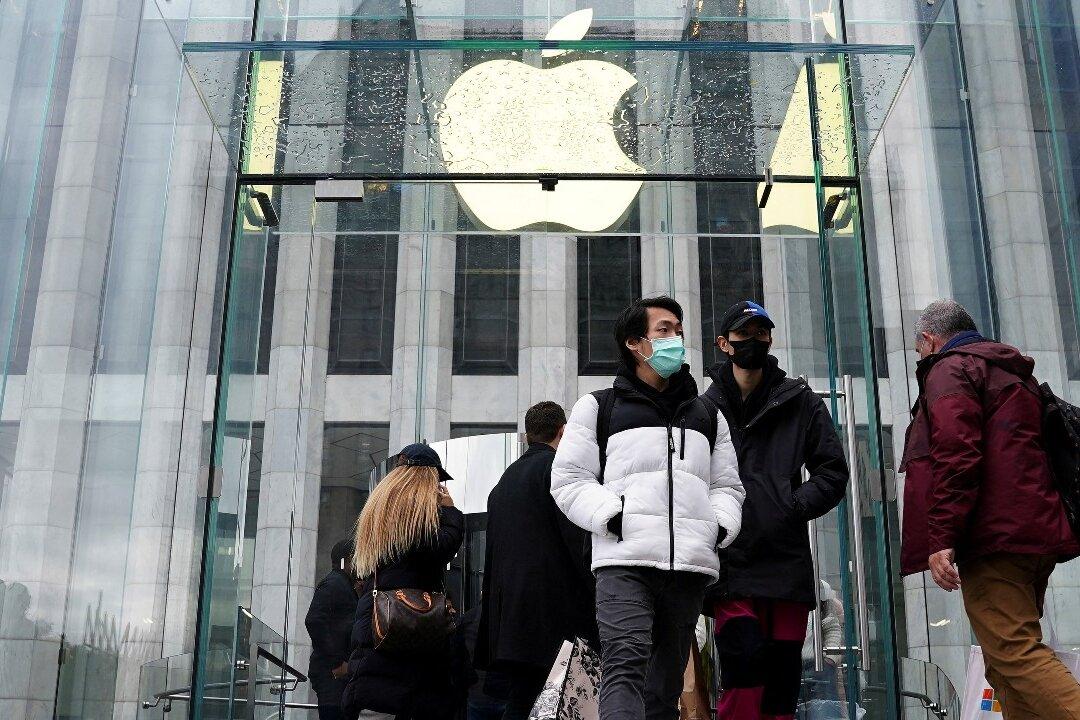Apple has closed its stores in New York City to in-store shopping amid an increase in COVID-19 cases.
Apple’s Fifth Avenue, SoHo, Grand Central, and World Trade Center locations are closed to customers, as well as smaller sites across the five boroughs, according to the company’s website.




